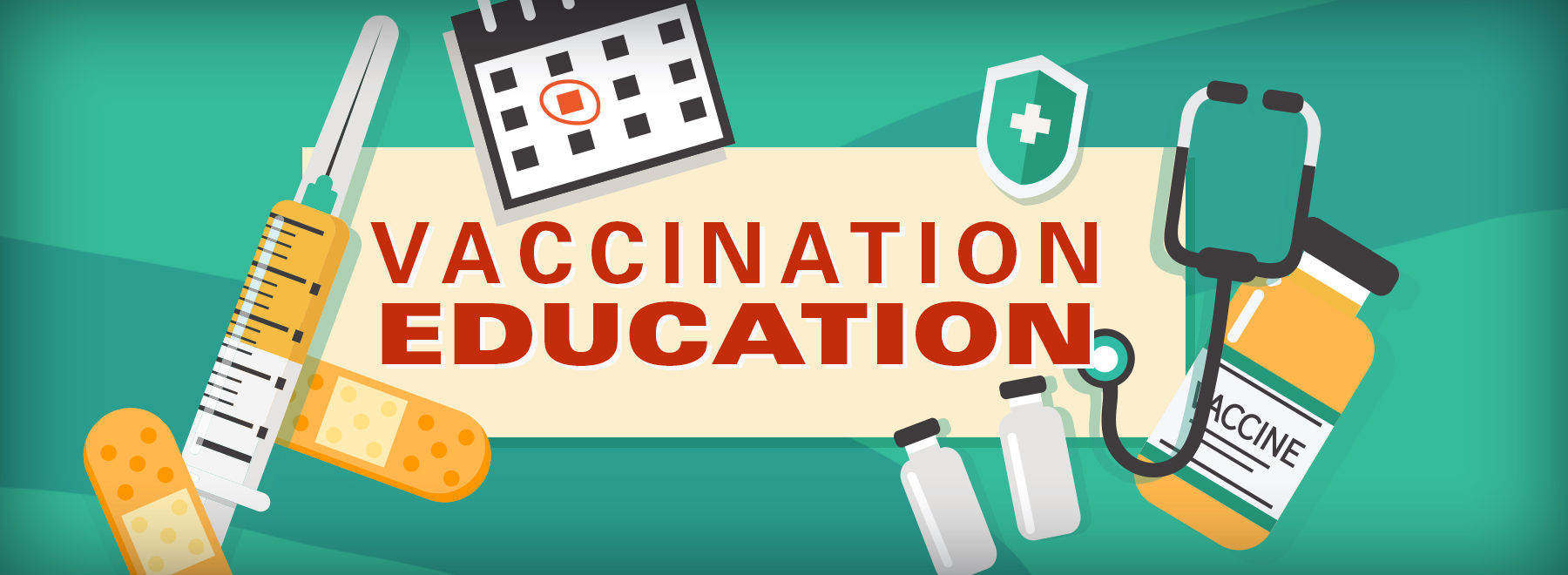UMMC pediatricians reveal what parents should know about immunizations
Published on Sunday, July 1, 2018
By: Annie Oeth
For Mississippi children, immunizations are as much a part of entering school for the first time as buying notebook paper and brand new backpacks.
That’s because all children entering any of the state’s public or private schools are required to provide either a Certificate of Immunization Compliance or, if they can’t be vaccinated because of a medical condition, a Certificate of Medical Exemption.

“Mississippi has some of the best immunization laws in the country,” said Dr. Charlotte Hobbs, associate professor of pediatric infectious diseases at the University of Mississippi Medical Center, “and that is the result of a strong public health effort.”
To begin school in Mississippi, a child must have been vaccinated against diphtheria; tetanus and pertussis; polio; hepatitis B; measles, mumps and rubella; and varicella, or chicken pox; or show proof, signed by the state epidemiologist or deputy state epidemiologist, why a medical exemption is needed.
According to the Pew Research Center, Mississippi is one of three states that does not offer any nonmedical exemptions to vaccinations. One of the other three, California, recently strengthened its immunization law after outbreaks of measles and pertussis.
Forty-six states allow children to be exempt from vaccinations because of religious concerns, although a Pew Research Center report indicates “researchers and journalists have struggled to identify a single major U.S. religious group that currently advocates against vaccinations for children.”
Seventeen states also allow exemptions for personal reasons.

“I’m empathetic with parents who have concerns,” said Dr. Will Sorey, professor of pediatrics, “but I am going to stand with science and say that vaccines are the best way to prevent widespread illnesses.”
The American Academy of Pediatrics works closely with the U.S. Centers for Disease Control and Prevention to make recommendations for vaccine use. Research continues to find vaccines to be a safe and effective way to prevent serious disease.
“That is why I went into pediatrics,” Hobbs said. “There are things we can do to prevent diseases in children, and vaccines are a prime example.”
States with more lax immunization laws have seen outbreaks of once-common childhood diseases that can be deadly, such as pertussis, measles and mumps. Bobbs and Sorey said babies and those with asthma or compromised immune systems can be at risk when others don’t get vaccinations.
“Pertussis can be carried and transmitted rapidly to young children,” Sorey said. “Pertussis, or whooping cough, causes severe coughing. I’ve had young patients who have burst blood vessels in their eyes from the coughing from pertussis.”
Vaccinations aren’t just for kindergartners. Mississippi requires a booster shot for diphtheria, pertussis and tetanus for entry into seventh grade. Hobbs and Sorey recommend students who are planning to enter college should visit their health care providers for information on vaccines for meningitis, a potentially deadly illness that could be spread quickly in a dormitory.
For more information about childhood immunizations, Hobbs and Sorey encourage parents to talk with their pediatricians.
“Health care providers should be receptive to discussions with parents,” Hobbs said. “It’s your child and you, as a parent, have the right and responsibility to ask questions.”



